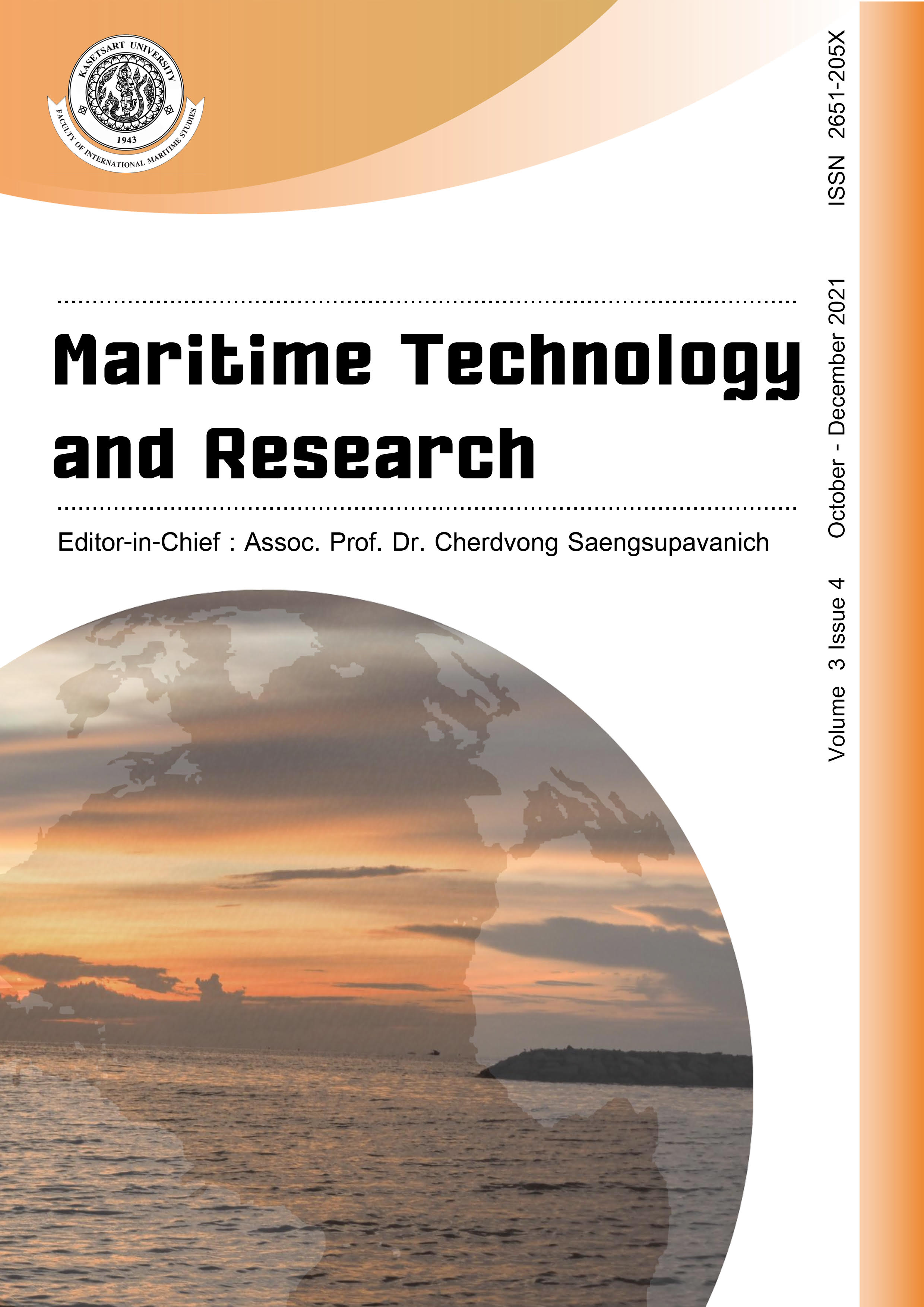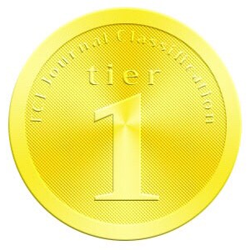Employment Status of Bachelor of Science in Marine Engineering Graduates at the University of Antique, Philippines
DOI:
https://doi.org/10.33175/mtr.2021.249191Keywords:
Tracer study, Employment status, Marine Engineering Graduates, Province of Antique, University of AntiqueAbstract
Quality maritime graduates attract better employment opportunities. This descriptive survey study aimed at determining the employment status of Bachelor of Science in Marine Engineering (BSMarE) graduates of the University of Antique from 2013 - 2016 as the basis for proposing an action plan. The descriptive survey research method was used in this study. A Commission on Higher Education (CHED) graduate tracer survey was adopted and modified to ensure appropriateness in the maritime setting. The computer-processed statistics used were weighted means, frequency counts, and rank for descriptive analysis. The findings revealed that, generally, the BSMarE graduates were dominated by males, 24 years and older, and who graduated in 2013. The majority of the graduates were employed in 2014 and 2016 as contractual workers. A large number of the graduates were enlisted with the help of the university's career and placement officer. Opportunity for career growth, salary, benefits, and the job-related course were their most predominant reasons in applying for the job, while flexible schedule, telecommunication arrangement, and proximity to their residence were the least principal reasons. The majority of the graduates are employed part-time, and most of their employers come from the private sector. Most of the graduates have been working in their current job for between 2 to 3 years. The majority of the graduates are employed in domestic shipping companies and earn between PhP 30,000 - 49,999. The proposed action plan aims to improve the employment rate of BSMarE graduates by enhancing shipboard familiarization, workshop skills training, and engine watchkeeping courses. Further, it improves maritime students' soft and life skills needed in a stressful and prison-like environment like a ship. It revisits the BSMarE curriculum and fully implements Outcome-Based Education in all professional courses. Finally, it provides an enrichment training workshop on teaching strategies and classroom management of maritime instructors.
References
Ampong, A. L. (2016). Tracer study of Bachelor of Science in marine transportation major in nautical studies graduates of the naval state university. International Journal of Engineering Sciences & Research Technology, 5(8), 174-193. doi:10.5281/zenodo.59973
Galicia, P. R. B. (2019). Awareness and relevance of pre-employment medical examinations of seafarers among maritime students at the University of Antique: The basis for a health intervention program. International Journal of Innovation, Creativity and Change, 8(7), 250-260.
Garcia, R., Vergara, J., & Lansang, J. J. (2016). Graduate tracer study of the Bachelor of Science in marine transportation at the Maritime Academy of Asia and the Pacific. Retrieved from http://www.maap.edu.ph/research/1/MAAP-RESEARCH-JOURNAL-MAY-2017-VOLUME1-PAPERS.pdf
Gay, L. R., Mills, G. E., & Airasian, P. W. (2018). Educational research: Competencies for analysis and applications (9th eds.). MyLab Education.
Gonzalez, A. A. (2019). Tracer study of maritime graduates of one private academic institution in the Philippines from 2012-2017. Asia Pacific Journal of Maritime Education, 5, 22-33.
Joint CHED-MARINA Memorandum Circular No.1 (2019). Policies, standards and guidelines for the Bachelor of Science in marine transportation and Bachelor of Science in marine engineering programs. Retrieved from https://stcw.marina.gov.ph/joint-ched-marina-memorandum-circular-no-01-series-2019
Joint CHED-MARINA Memorandum Circular No.1. (2018). Guidelines on joint CHED-MARINA monitoring of maritime education programs. Retrieved from https://stcw.marina.gov.ph/wp-content/uploads/2016/02/joint-ched-marina-circular-no.-01.pdf#:~:text=Quality%20of%20education%20is%20a%20matter%20of%20national,signatory%20to%20the%20STCW%20Convention%20'78,%20as%20amended
Kabir, M. D. M. (2014). Enhancement of seafarers’ employability through capacity building in maritime education and training (MET): A case study of Bangladesh (Ph. D. Dissertations). World Maritime University.
Manpower Report. (2015). The global supply and demand for seafarers in 2015. Retrieved from https://www.ics-shipping.org/wp-content/uploads/2020/08/manpower-report-2015-executive-summary.pdf
Maritime Industry Authority. (2019). MARINA, CHED, PMMA, MHEIs revamp PH maritime education programs. Retrieved from https://marina.gov.ph/2019/01/16/marina-ched-pmma-mheis-revamp-ph-maritime-education-programs
Orense, A., & Laguador, J. M. (2013). Employability of maritime graduates of lyceum of the Philippines university from 2007-2011. International Journal of Research in Social Sciences, 3(3), 142-157.
Downloads
Published
Issue
Section
License
Copyright: CC BY-NC-ND 4.0








